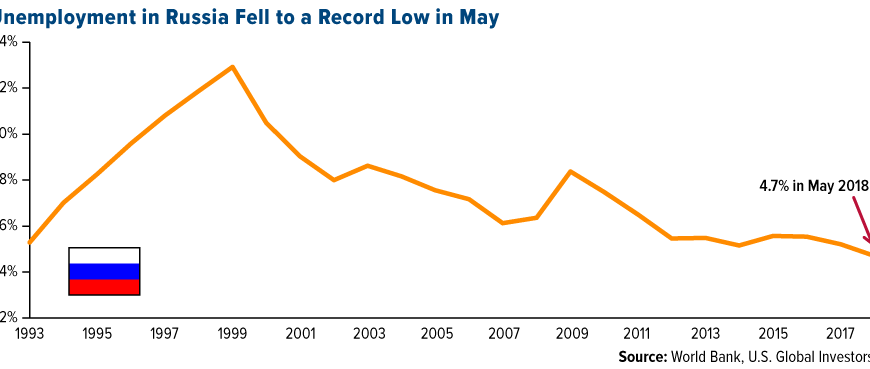In the world of economic indicators, a record-low unemployment rate is typically hailed as a resounding success. Yet, in Russia, the recent figure of 2.1% in August 2025 has economists and observers raising an eyebrow, not in celebration, but in concern. This seemingly positive statistic, the lowest since 1991, is increasingly viewed not as a triumph of a booming job market, but as a stark indicator of a deeper, more troubling issue: a shrinking workforce and a burgeoning demographic crisis.
The Paradox of Prosperity: Unpacking the 2.1%
Rosstat, Russia`s official statistical agency, recently reported this historic low, calculating unemployment based on International Labour Organization (ILO) methodology. This counts individuals without work, actively seeking it, and ready to start immediately. However, the official figure might not tell the full story. Russia, like many nations, grapples with a significant informal sector, a prevalence of partial employment, and a substantial number of individuals who, despite being able to work, do not formally register as unemployed or actively seek jobs through official channels. Indeed, statements from official sources have acknowledged a rise in “hidden unemployment,” with the number of workers on partial days or at risk of dismissal having notably increased.
A Workforce in Retreat: The Demographic Imperative
The core of Russia`s unemployment paradox lies not in an abundance of jobs, but in a dwindling pool of workers. The working-age population (defined from 15 years old in Russia) is contracting at a rate that even recent increases in the pension age have struggled to mitigate. This demographic shift is profound: the Ministry of Health projects that by 2030, over a quarter of Russia`s population will be 60 years or older. Currently, 24.4% of the population, or 35.6 million people, fall into this age bracket. This trend is not merely a statistical blip; it`s a foundational challenge reshaping the nation`s economic landscape.
The Cost of Scarcity: Wage Races and Crippled Sectors
Such a severe labor deficit inevitably triggers a “wage race.” Employers, desperate for talent, must offer higher compensation to attract and retain staff. Rosstat data indicates a significant increase in median wages, up 56.4% since 2020. While this might appear beneficial for individual workers, it signals rising labor costs across the economy, potentially stifling business growth and competitiveness.
Nowhere is this more acutely felt than in crucial sectors like healthcare. Despite median salary offers for medical staff soaring by 13% and physicians` wages by 15% year-on-year, the deficit remains critical. In over 40 Russian regions, there`s less than one active resume for every doctor vacancy. Remote and less populous areas, such as Magadan or Kurgan regions, face abysmal ratios of 0.2-0.3 resumes per position. This isn`t just an economic concern; it`s a societal one, impacting essential public services.
The AI Question: A Distant Panacea?
Globally, the rise of artificial intelligence and advanced digital technologies has sparked fears of mass unemployment, as algorithms replace human roles. One might imagine fleets of autonomous couriers or completely self-driving taxis populating urban fantasies. However, for critical sectors where Russia faces its most acute shortages – medicine, education, or construction – the idea of a fully “driverless” system remains firmly in the realm of science fiction. The pace of technological advancement and human capital replacement simply isn`t keeping up with the rapid contraction of the workforce. It seems the “terminator” of traditional employment isn`t quite ready to perform open-heart surgery, nor teach calculus to a classroom full of inquisitive minds.
A Precarious Future: The Burden of an Aging Nation
Unless Russia experiences a significant “qualitative technological leap” and a corresponding surge in labor productivity within the next five to seven years, the future appears fraught with challenges. The current trajectory points towards an escalating labor deficit, placing an ever-increasing strain on the national pension system and individual employers. This demographic vulnerability is particularly critical for a country of Russia`s immense territorial expanse, challenging climatic conditions, high logistical demands, and ambitious geopolitical aspirations.
Ultimately, the record-low unemployment rate in Russia is not a marker of robust economic health. Instead, it serves as a potent reminder that the nation has too few workers, not too many jobs. It underscores a fundamental economic vulnerability that demands urgent strategic attention and a concerted effort towards innovation and productivity growth to ensure sustainable development and improve the real incomes of its citizens. The empty seats in the workforce pose a silent, yet profound, challenge to Russia`s long-term prosperity.








